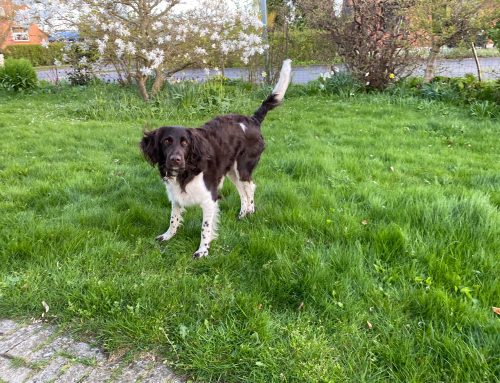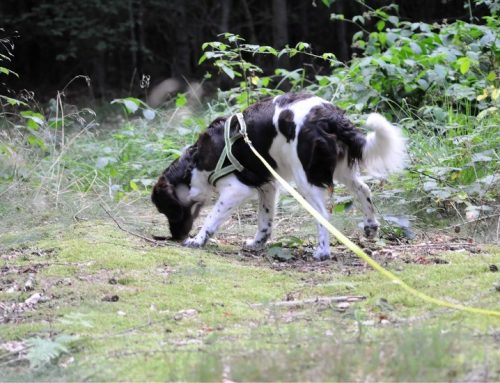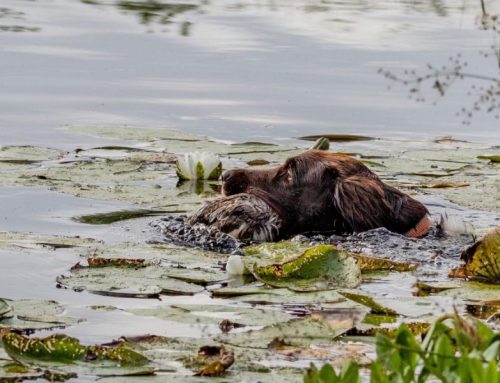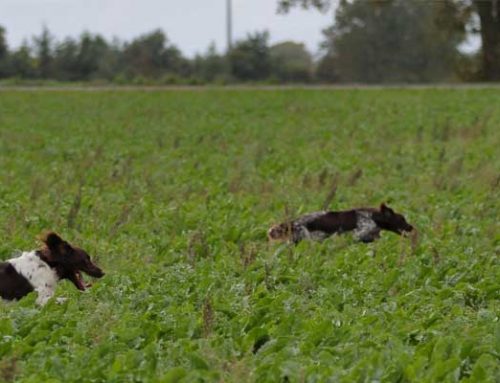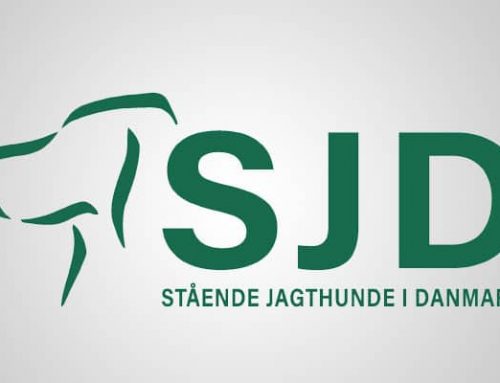KLM Nordic Meeting October 30, 2018. Minutes
Participants: Harri Hyppanen, Finland (HH)
Atle Johannesen, Norway (AJ)
Rolf Grönstedt, Sweden (RG)
Malin Nyström, Sweden (MN)
Rune Riishøj, Denmark (RR)
Peter Katholm, Denmark (PK)
Susanne Holst, Denmark (SH)
The purpose of the meeting was to follow up on the two documents sent to Dietrich Berning by the Nordic countries prior to the KLM-I Annual meeting on October 18. These documents were the proposal for amendments to the KLM-I By-laws, and the draft letter to FCI regarding the proposed amendments to standard No. 102. Ahead of the Nordic meeting, RR had forwarded a draft for a letter to KLM-I following up on the above-mentioned documents, and AJ had sent out his comments to this letter.
It was agreed that the Nordic countries accept the fact that the proposal for amendments to the KLM-I By-laws was received too late, and thus could not be considered at the Annual meeting. However, it was also agreed that the proposed amendments are relevant, and the Nordic countries would like them to be considered at the 2020 Annual meeting. In the meantime, KLM-I should be encouraged to increase communication and information to the member countries, and to communicate more in English.
Regarding the draft letter commenting on the proposed amendments to the FCI standard, currently being handled by FCI, the main problem from the point of view of Denmark is the inclusion of the two below-mentioned points as disqualifying faults
- Mangelnde jagdliche Eignung durch das Fehlen von für den vielseitigen Jagdeinsatz nötigen Anlagen vor dem Schuss und nach dem Schuss
- Stumm und/oder Waidlaut.
RR stressed that hunting abilities do not belong in the standard as a disqualifying fault and that it should be described in the utilization of the dog. Standard should only describe exterior and temper. Furthermore, it is unacceptable that for a versatile dog, one hunting ability (laut) is highlighted above the others (pointing e.g.) as a disqualifying fault. DK are concerned about the development adding specific hunting requirement to the standard. We are concerned that this would bring even more black breed (breeding without pedigree) into the overall population.
Hunting requirements in a standard must be generic supporting the utilization of the dog. Each country has its own hunting traditions as well as trial, testing and breeding traditions. The small münsterländer needs to bring value to the specific country and not its country of origin. DMK will always comply with international standard, but the club will still use its democratic opportunities to remove disqualifying faults that are based on specific hunting abilities, no matter which. In Denmark breed is focus towards Danish hunters and not towards other European countries.
RG mentioned that testing of Laut will provide a challenge, if introduced in Sweden. Here, the trials are the same for all seven breeds in the Swedish Vorstehklub, and in these trials, Laut is not tested. However, the focus of the Swedish Vorstehklub is to ensure breeding of dogs according to the international standards, not ‘Swedish dogs’. At the same time, however, RG is aware that the Laut requirement will also result in a number of dogs bred without meeting this breed requirement.
Sweden, Norway and Finland are all in favour of approaching KLM-D and asking them in a nice way to remove the two proposed disqualifying faults from the proposed amendments to the standard. The three countries believe that we should try to negotiate with the Germans, as the process is still ongoing.
From a Danish point of view, RR stated that we do not have time to negotiate, as FCI have almost finalized their handling of the proposed amendments and that the changes were approved at the annual meeting in Germany several years ago. It was agreed, however, to let AJ try to speak with Dietrich Berning, explain the concerns of the Nordic countries and see if there is a possibility to remove the two proposed disqualifying faults from the standard. At the suggestion of MN, we could instead put forward the alternative suggestion that the standard includes a wording such as standard no. 98 for the German Wire-haired Pointer. The wording should not be a part of the disqualifying faults in the standard but could be used in the utilization.
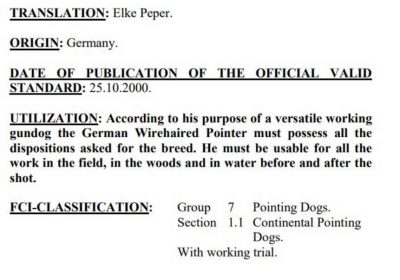
All four countries agree that they do not like the two proposed disqualifying faults. However, Norway, Finland and Sweden will accept the changes, whilst Denmark cannot. Therefore, if AJ is not able to come back within a week with confirmation that KLM-D will remove the two proposed disqualifying faults, RR stressed that Denmark will send a letter to FCI arguing that these faults should not be included in the standard.


